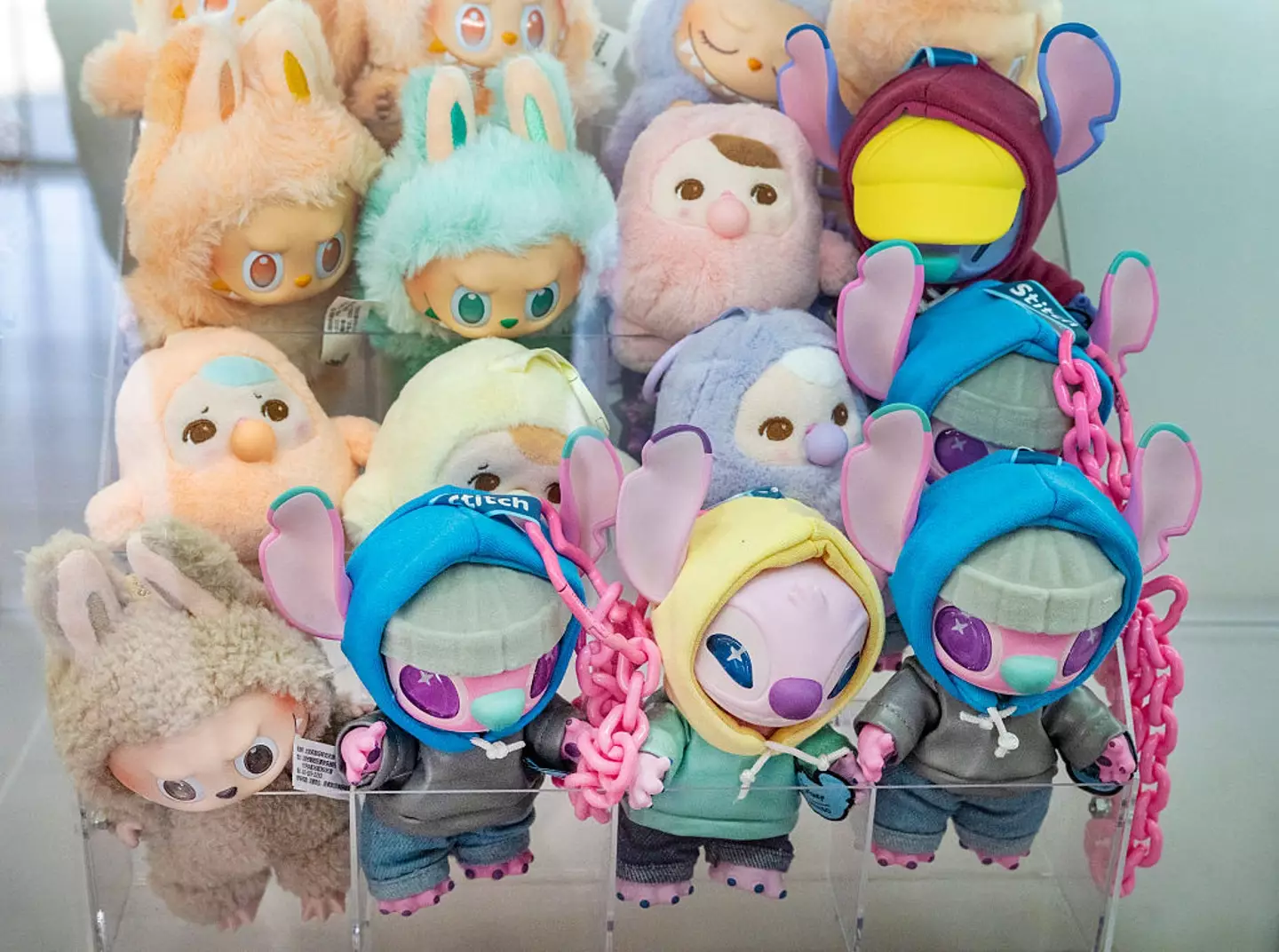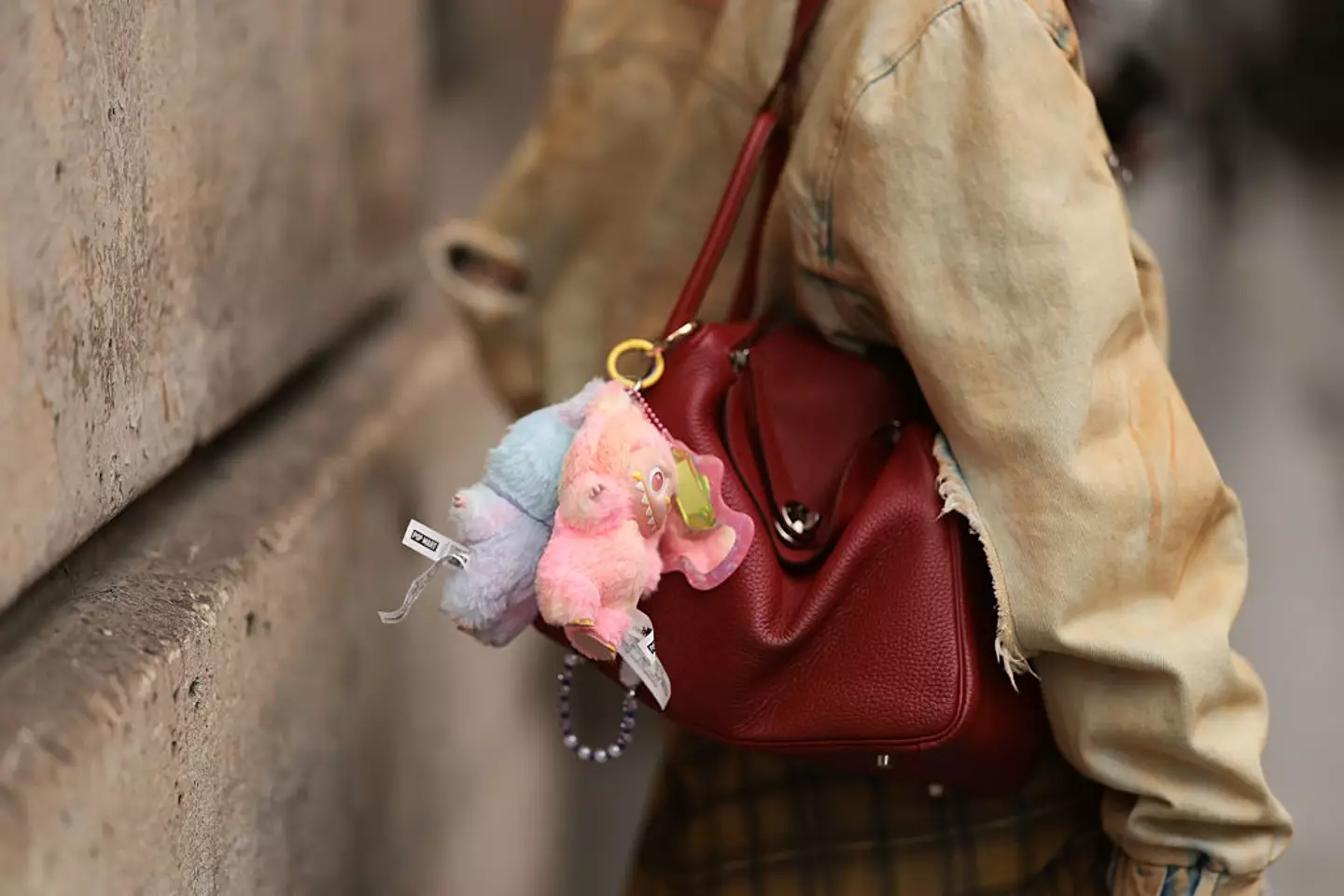Psychologist issues warning to anyone who owns a Labubu with unexpected way they’re ‘deeply symbolic’
A psychologist has issued a warning to anyone who owns a Labubu due to the unexpected way the trinkets are ‘deeply symbolic’.
The fluffy and slightly ugly-looking Labubu are absolutely everywhere, and while some of them may be a bit off putting, it is just a toy at the end of the day.
While they may be intended for children, more and more adults have turned to the product in recent times.
Madison Burgess, for Tyla, spoke with a psychologist bout the fast-growing trend and what it really means.
Chartered clinical psychologist Tracy King told the site that she sees the rise of trinkets as a ‘response to the emotional climate Gen Z are growing up in’.
“On the surface, they’re fun and whimsical. But psychologically, they’re deeply symbolic: these objects offer small, accessible moments of comfort, control, and identity in an unpredictable world,” she told Tyla.


Labubu’s are everywhere nowadays (Mark Rightmire/MediaNews Group/Orange County Register via Getty Images)
“The old idea of the career ladder offered a sense of linear progression—work hard, move up, gain security. But for Gen Z, that ladder has been replaced with something more like an escape room.
“You’re expected to solve problems with no clear instructions, hit invisible milestones, and often find the goalposts moving entirely.”
While older generations may have been saving for a house in their earlier 20s, King went on to explain Gen Z are instead ‘investing in now’.
Dr King added: “Gen Z were raised in a digital world where identity is curated, not assumed. They’ve watched global crises unravel with pandemics, recessions, the climate emergency—so the big life goals that guided previous generations often feel out of reach.
“Small joys, soft comforts, and identity-aligned purchases feel both accessible and meaningful.
“And in a social media landscape where aesthetics are a form of communication, trinkets become part of how people express emotion, personality, and belonging.”


A psychologist has issued a warning to anyone who owns a Labubu (Jeremy Moeller/Getty Images)
And for a lot of people buying a Labubu, it’s a trip down memory lane, a sense of nostalgia if you will.
“These soft, playful objects evoke feelings of safety, care, and nostalgia, things that might’ve been missing or cut short in early life,” Dr King added to Tyla.
“This is inner child work in action.”
The psychologist also believes the trend will be going nowhere anytime soon.
“As long as society remains fragmented, and demanding, people will continue to seek soft, small, symbolic ways to feel better,” Dr King added.
“Trinket culture is a response to burnout and disconnection. It’s not a shallow trend. It’s a psychological response to the demands of modern life.”
